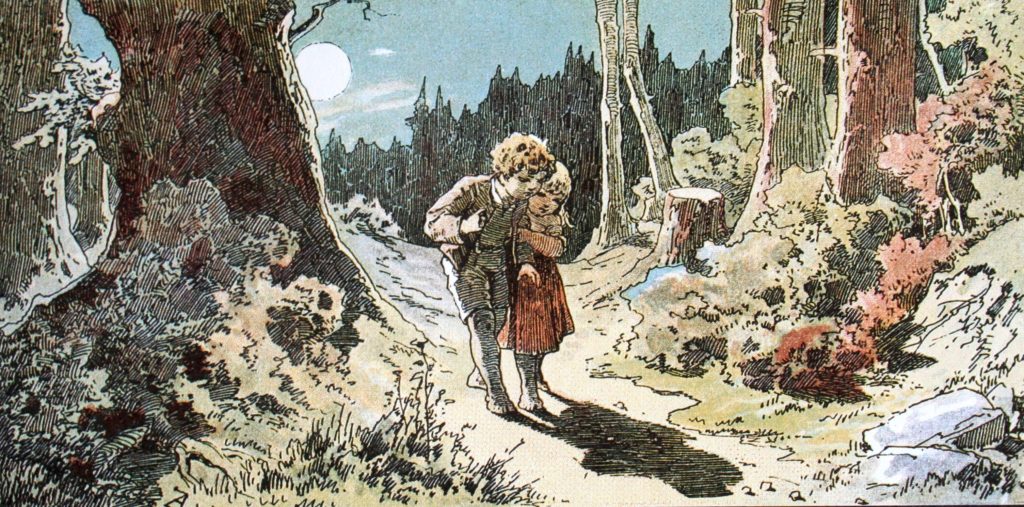We’re away until January 4, but we’re reposting some of our favorite pieces from 2020. Enjoy your holiday!
In February, as a plague enters America, I am a finalist for a job I am not offered.
I am brought to campus for a three-day interview. I am shown the library I’ll never have access to, and introduced to students I’ll never teach. I shake hands with faculty I’ll never see again. I describe in great detail the course on fairy tales I’ll never offer. I stand up straight in a simple black-and-white dress. “Don’t say anything strange,” says my mother. “Don’t blather,” she says. “You have a tendency to blather.” I meet with a dean who rubs his face until it reddens, then asks me whether writers even belong in universities. I meet with another dean who asks me the same thing. There are so many deans. I cannot tell the deans apart. Another dean asks me who the babies in my first collection of poems, The Babies, actually are. “We only have a few minutes left,” he adds. “They don’t exist,” I think I say. I am hurrying. “I was writing about voices we’ll never hear,” I think I say. He stands up and shakes my hand. I shake so many hands. I can’t tell if everything is at stake, or nothing is at stake. All I know is that I am being tested, and whether or not I am offered this job will depend on the appetite and mood of strangers. “Your final task,” I imagine the dean saying, “is to make a rope out of these ashes. Do it and the job is yours.”
from The Paris Review https://ift.tt/3hamjQQ

Comments
Post a Comment